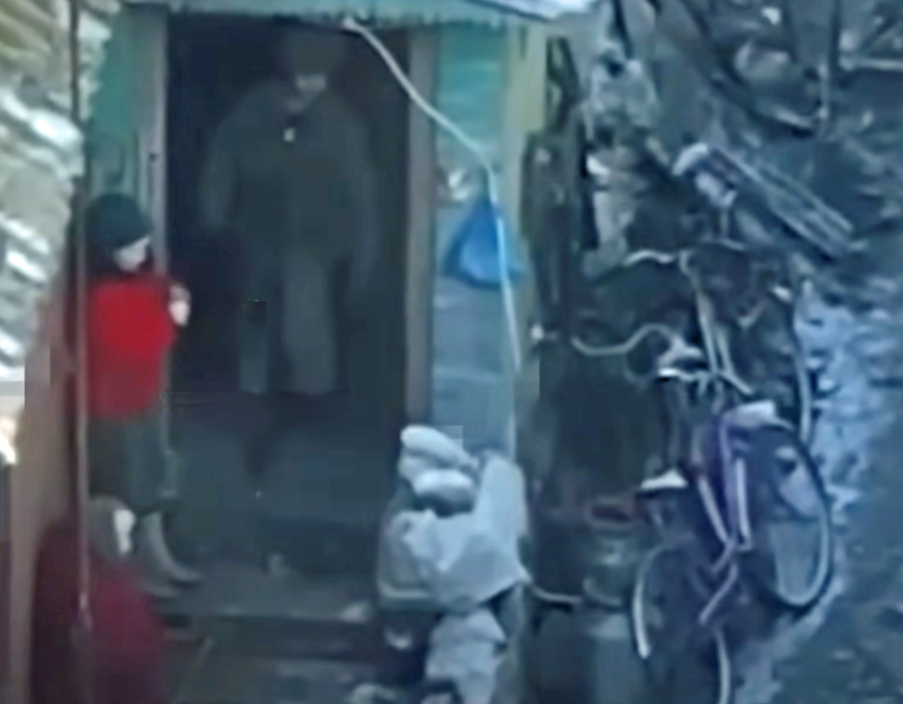Donald Trump hasn’t even moved back into the White House -- but the volatile US president-elect has already rattled his counterparts in Europe.
With under two weeks to his inauguration, Trump set alarm bells ringing with provocative statements including refusing to rule out using military force to seize Denmark’s autonomous territory Greenland.
JOIN US ON TELEGRAM
Follow our coverage of the war on the @Kyivpost_official.
The startling broadsides were a wake up call of the tumult to come -- and a reminder of the roller coaster the world faced during Trump’s first term.
Trump’s Greenland comment drew some blowback -- with German Chancellor Olaf Scholz admitting “uneasiness” among EU leaders as he rejected against any attempts to change borders by force.
But for now Europe appears to be seeking not to get too worked up by Trump.
The European Union foreign policy chief Kaja Kallas took her lead from Denmark’s low-key response when she insisted on Thursday that “we have to respect the territorial integrity and sovereignty of Greenland.”
She was later echoed by the EU’s two top officials, who said the EU would always protect its citizens and the integrity of its democracies, while stressing the importance of the “Transatlantic bond”.
“In a rough world, Europe and the US are stronger together,” Ursula von der Leyen and Antonio Costa, who lead the European Commission and the European Council respectively, wrote in identical messages on social media X.

‘A Man of Character’ – Ukraine at War Update for Jan. 10
Brussels was looking forward to a “positive engagement” with the incoming US administration, based on common values and shared interests, they added.
“One of the lessons of President Trump’s first term in office is that you shouldn’t react to everything,” Belgian Prime Minister Alexander De Croo said.
“A lot of things are launched with the sole aim of starting a discussion that ultimately doesn’t lead to much.”
Diplomats said that cool heads were called for at a discussion among EU ambassadors in Brussels on Thursday about dealing with Trump and alleged interference in EU politics by his billionaire ally Elon Musk.
“This is taken very seriously, while at the same time there are good reasons not to add fuel to the fire at this stage,” one diplomat said.
Analyst Vassilis Ntousas of the German Marshall Fund said that the EU’s response to Trump has been purposefully “emollient”.
“The EU’s priority is clearly to craft a positive agenda of offers and requests to align with President-elect Trump’s deeply transactional mindset,” he said.
“Any sharper responses than those offered might have been seen as counterproductive.”
‘Doormat’ -
Given the perils facing Europe -- there are plenty of reasons why the EU needs to keep Trump onside.
The incoming US leader has pledged to end Russia’s war in Ukraine and European allies are desperate to convince him not to force a bad deal on the continent.
They are also scrambling to avoid trade tariffs that Trump has mooted.
“Mr Trump’s latest statements underline once again that the next four years will be a challenge for our transatlantic relations,” said German MEP David McAllister, who chairs the European Parliament’s foreign affairs committee.
“However, this must not deter us from trying to work constructively with the new US administration in the interests of our common security.”
Others insist Europe needs to react more forcefully -- especially against X owner Musk’s confrontational approach.
“Every day, Trump and Musk threaten the democracies allied with the United States,” said centre-left French MEP Raphael Glucksmann on X.
“Europe must wake up. Or resign itself to the fate of a doormat.”
Analyst Ntousas agreed that while it was still early days to take on Trump -- the “wait-and-see” approach from Brussels was not sustainable in the long term.
“The EU will need to pick its battles,” he said.
“But it will also need to draw much clearer lines about what it sees as unproductive or unacceptable behaviour, and be ready for what comes next.”
You can also highlight the text and press Ctrl + Enter






